Seminario de Investigadores (1er Semestre 2019)

Sala de Seminarios, Fernando Salmerón, IIFs - UNAM
|
Enero.2019 |
|||
|
23 |
Eduardo García Ramírez (IIFs - UNAM) "El Conocimiento Moral como Competencia Cognitiva"
|
|
|
|
|
|||
|
30 |
SWIP-Analytic-México 2019 Itala M. Loffredo D’Ottaviano (Centro de Lógica, Epistemología e Historia de la Ciencia Universidad de Campinas, Brasil)
In this presentation I will outline a historical analysis on how a paraconsistent perspective was properly constituted in the Western thought and how principles, rules and logical systems begin to express distinct concepts of paraconsistency. By analyzing the historical precedents of paraconsistent logic before the 20th century, we can identify some unanswered questions: What ideas were proposed and debated with regard to consistency in that period of the history of formal logic? Did such ideas influence later logical theories? Was there knowledge of logical rules and principles which allowed, in some contexts, for inconsistency to be dealt without trivialization? If such principles were known, how were these proto- principles stated, and in what way can they be related to the logical-paraconsistent results and rules known today? |
|
|
|
|
|||
|
|
|||
|
Febrero.2019 |
|||
|
6 |
Sergio Martínez Muñoz (IIFs - UNAM) La relación entre Historia y Filosofía de la Ciencia como problema filosófico |
||
|
|
|||
|
13 |
El Plan de Bochum y los fundamentos de las lógicas contraclásicas |
||
|
|
|||
|
20 |
Stacie Friend (Birkbeck College, Universidad de Londres) Emotional Immersion in Fiction
|
||
|
|
|||
|
27 |
CANCELADO Jonathan Schaffer (Rutgers University, New Brunswick)
Abstract |
||
|
|
|||
|
Marzo.2019 |
|||
|
13 |
Florencia Rimoldi (Posdoc - IIFs)
Testimonio y razones no evidenciales para creer |
|
|
|
|
|||
|
20 |
Siobhan F Guerrero Mc Manus (CEICH-UNAM) Hacia una Nueva Metafísica del Género
|
|
|
|
|
|||
|
27 |
Alfonso Anaya (Posdoc - IIFs) Una División del Trabajo Epistemológico para el Conocimiento Perceptivo |
||
|
|
|||
|
Abril.2019 |
|||
|
3 |
C A N C E L A D O Mirja Pérez de Calleja (Posdoc - IIFs) Condicionamiento Militar para Desobedecer Órdenes Ilegales |
||
|
|
|||
|
10 |
Manolo García Carpintero (LOGOS) Singular reference in fictional discourse? |
|
|
|
|
|||
|
24 |
Lenny Moss (University of Exeter)
Can Normativity be the Force of Nature that solves the problem of partes extra partes?
|
|
|
|
|
|||
|
Mayo.2019 |
|||
|
8 |
Atocha Aliseda (IIFs-UNAM) El Lugar de la Lógica en la Razón Creativa
|
|
|
|
|
|
||
|
22 |
Mirja Pérez de Calleja (Posdoc) Condicionamiento Militar para Situaciones de Ilegalidad Manifiesta |
|
|
|
|
|||
|
29 |
Quentin Ruyant (Becario posdoctoral) Three levels of modality in scientific representation Abstract: Suarez distinguishes two aspects of scientific representation: (i) the conditions by which a model counts as a representation of its target, even if it misrepresents its target (which I shall call relevance conditions), and (ii) the conditions by which this representation is good or accurate (accuracy conditions). He also claims that no necessary and sufficient conditions can be specified in a fully generic way, beyond the minimal idea that a relevant model allows its users to draw inferences on the target, and that when the model is accurate, these inferences are sound. This could be interpreted as the idea that relevance and accuracy conditions depend on the context of use, including the aim of users. In spite of Suarez' pessimism regarding the possibility of a substantial account of scientific representation, I attempt to develop this idea and provide a systematic account of the relationship between contexts of use, relevance conditions and accuracy conditions. The main idea is the following: scientific theories typically provide a hierarchy of levels of abstraction. A context of use specifies one level at which inferences operate. In any context of use, getting this level right counts as accuracy, and getting right the levels above in the hierarchy counts as relevance. I argue that this corresponds exactly to epistemic and conceptual modalities, respectively. Furthermore, the levels below in the hierarchy are typically represented within the model as natural possibilities, which constitute a third modality. Thus this account also informs us about what distinguishes various kinds of modalities. One counter-intuitive consequence is that the distinction between these kinds (whether some possibilities are epistemic, natural or conceptual) would be pragmatic rather than absolute, but I defend the plausibility of this thesis on the basis of examples of use. |
|
|
Aviso de privacidad
 Texto
Texto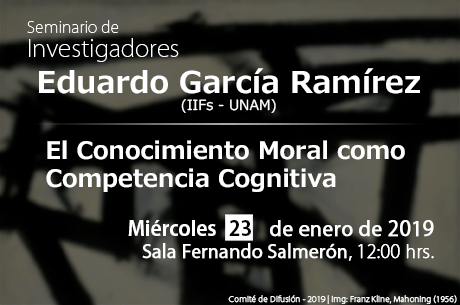
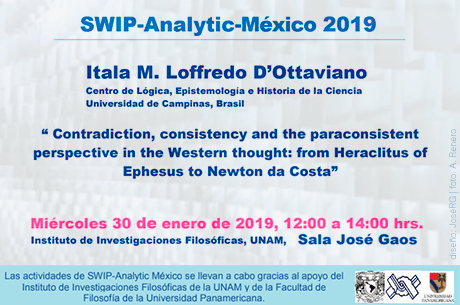
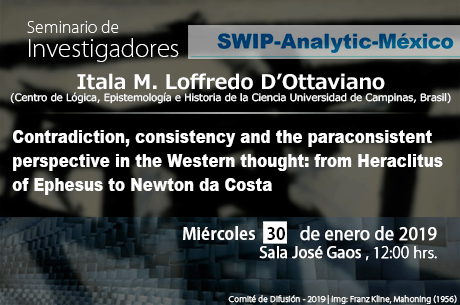
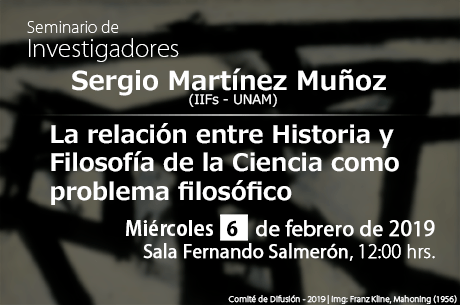
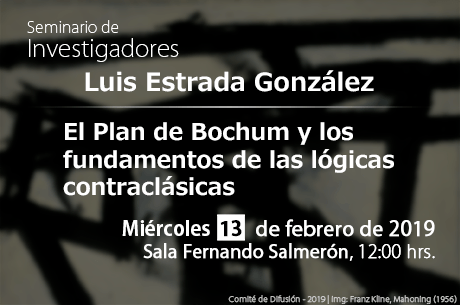
 Asesoría para mujeres investigadoras y estudiantes
Asesoría para mujeres investigadoras y estudiantes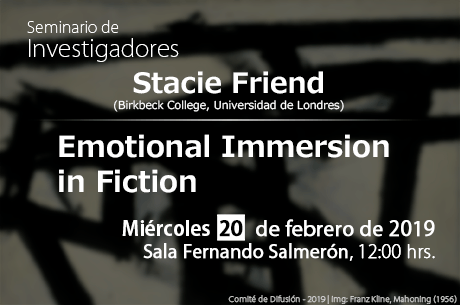
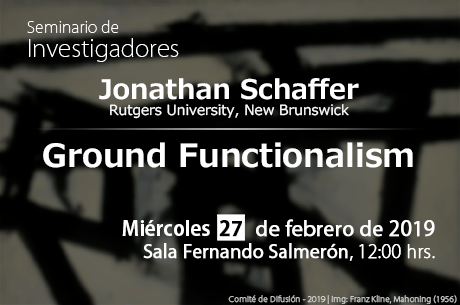
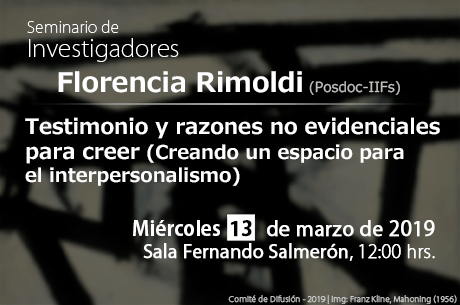
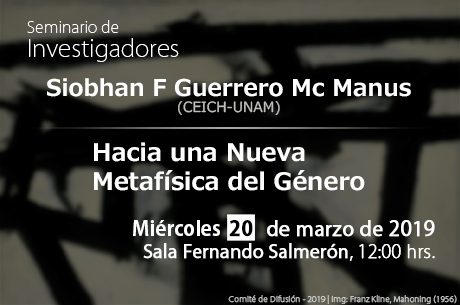
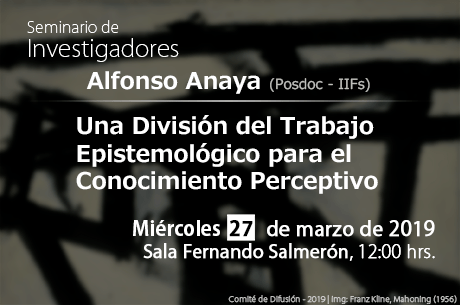
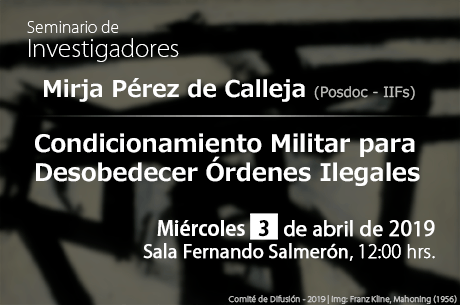
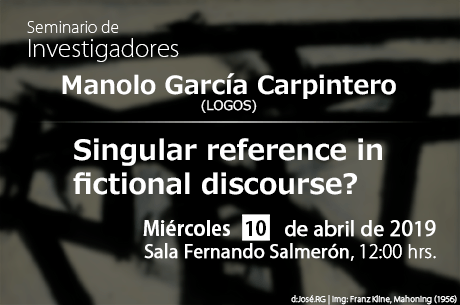
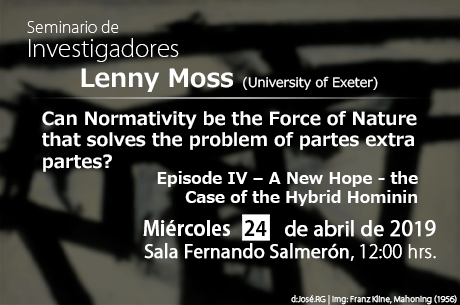
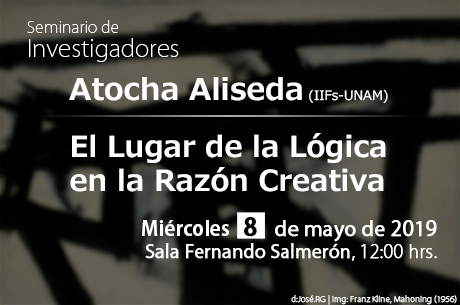
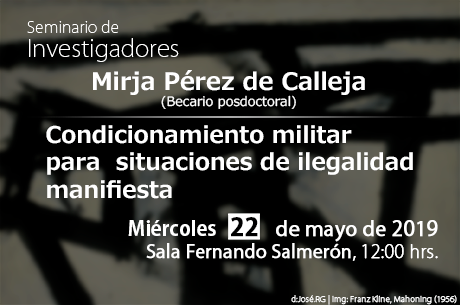
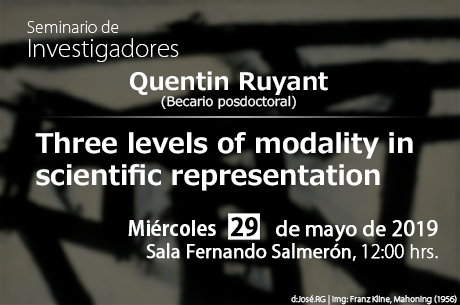



 Circuito Maestro Mario de la Cueva s/n, Ciudad Universitaria, C.P. 04510, Coyoacán México, CDMX
Circuito Maestro Mario de la Cueva s/n, Ciudad Universitaria, C.P. 04510, Coyoacán México, CDMX